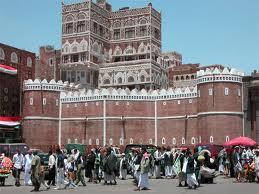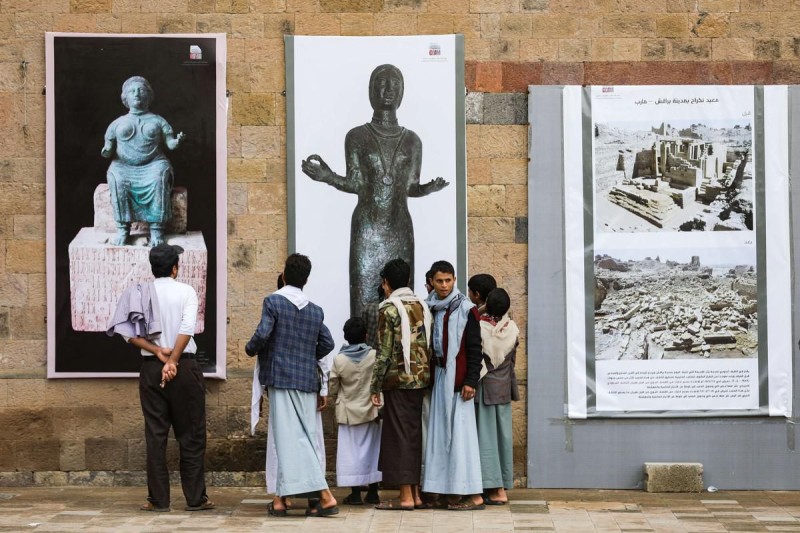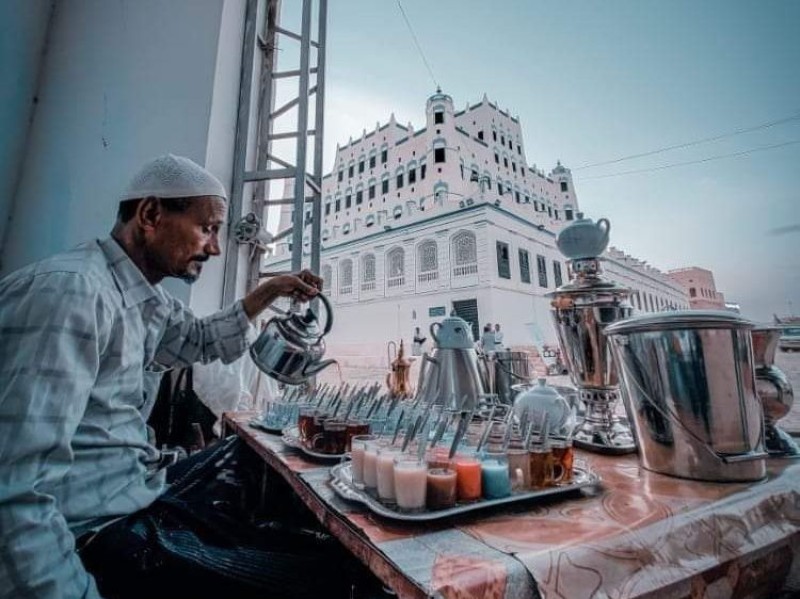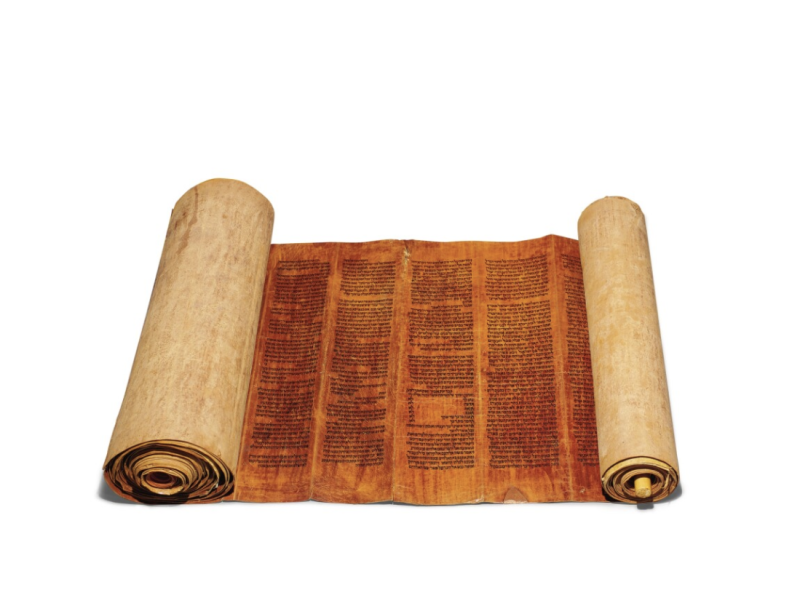Yemen needs 12 years to spend donors' pledges


Yemen will need 12 years and 10 months to be able to spend the rest of pledges made in Riyadh and New York Donors' Conferences, said the Executive Bureau to Accelerate Absorption of Donors' Pledges (EBAADP).
The EBAADP referred the reasons of this long period to the slow procedures of absorbing the pledges as the government's institutions do in 2014.
" Despite rising donors pledges' allocations during this year the government's spending level is still much lesser than specified," according to a report issued recently by the bureau. The report made it clear that donors' allocations and pledges are continuing but slowly.
Yemen has got pledges of USD 7.6 billion in Riyadh and New York conferences in 2012. Recent figures show that the allocated funds have reached USD 7.3 billion with growing level reached 4, 7 percent comparing to allocated pledges in January 2014. Meanwhile the total supplies approved by donors have increased in 2014 by 10, 3 percent.
"Despite the increase of allocation rate spending level is much lesser than allocated, a matter hints to problems facing the process of absorbing assistances," the report said. These problems have been dominating the scene since the announcement of pledges in 2012.
The EBAADP noted in the report that the total expenditures rate has reached 39 percent of all donors' supplies with 4 percent increase; USD 301 million since January 2014.
According to the report, the biggest donors are the UK which donated USD 85 million, Qatar 51, Germany 31, Netherlands 30 million. Other donors like the United States, Japan and Sweden have given 100 percent of their pledges since January 2014.
During this year, GCC States' allocations increased by 5 percent worth USD 221 million; 93 percent of their pledges. Meanwhile approved supplies increased by 6 percent worth USD 270 million with total increase of approved supplies of 49 percent.
The EBAADP estimated that the spending ratio of prime pledges made by the GCC states were humble while the spending rates increased by only 2 percent in 2014 with fund estimated at USD 86 million.
But the Bureau put into consideration that most of projects financed by GCC states are infrastructure projects which have big effect on the total economy of the country which require from the government to adopt and improve quick mechanism to follow up, approve and implement these projects.
The EBAADP's report shows big increase in GCC States' donors during 2014 because of emergent and generous financial support, especially from Saudi Arabia which donated Yemen with USD 235 million during President Abdo Rabo Hadi's visit to Saudi Arabia on July 2014 for supporting the government's budget.
Regional and international supplying funds were ranked second among three donor groups to Yemen. They made pledges worth USD 807 million; 23 percent of the total donors' pledges announced about in 2012. The funds' allocation reached 100 percent in August 2014 making it the only group which allocated all its prime pledges among donors.
The group's applied supplies have witnessed fast progress in 2014 with an increase of 18 percent worth USD 332 million out of the pledges approved in the same year while the ratio of the approved supplies has reached 99.4 percent but the spending increase ratio has not exceeded 1.2 percent, worth only USD 22 million in 2014.
According to the report, the countries of economic and development cooperation organization have pledged of supporting Yemen with USD 1.4 billion during Riyadh and New York conferences in 2012 with 19 percent of donors supplies' funds. A progress has been escorted on allocation, approving and spending levels of the organization's supplies.
During this year supplies from the organization have reached USD 83 million with an increase of 5, 6 percent and total ratio of prime pledges of 97 percent.
Spending and approval ratio made by these countries has increased sharply to reach 13 percent equal USD 186 million.
"In addition to donors' pledges, the Executive Bureau has worked on improving and activating the system of aid's data management in Yemen in coordination with Ministry of Planning and International Cooperation and the United Nation Development Program," said the report.
The report mentioned that the bureau presented some of interferences this year like direct interference with the Supreme Authority for Tenders to carry out strategic projects like Sana'a International Airport and King Abdullah Medical Compound.
The report noted that challenges differ from a project to another and there are some obstacles which did not only hindered but also stopped the complete implementation of these projects.
In other cases, projects suffer scarcity of operational budgets needed for expenditures like costs of announcing tenders, preparing studies and designs, evaluation of bids presented to different tenders and costs of transportation to monitor the projects.
The bureau sometimes plays the role of a broker to help concerned parties to solve these problems. It also helped in transferring some issues to the political leadership for tackling sensitive issues.
SABA

Sana’a – The General Authority for Antiquities and Museums, operating under the control of the Houthi militia in the occupied capital S…

Hadramout — UNESCO has officially inscribed Al-Dan Hadrami, a traditional poetic and musical art form from Yemen’s Hadramawt region, on…

NewYourk  -- The renowned auction house Sotheby’s has revealed plans to present one of the rarest surviving Yemenite Torah scrolls in it…